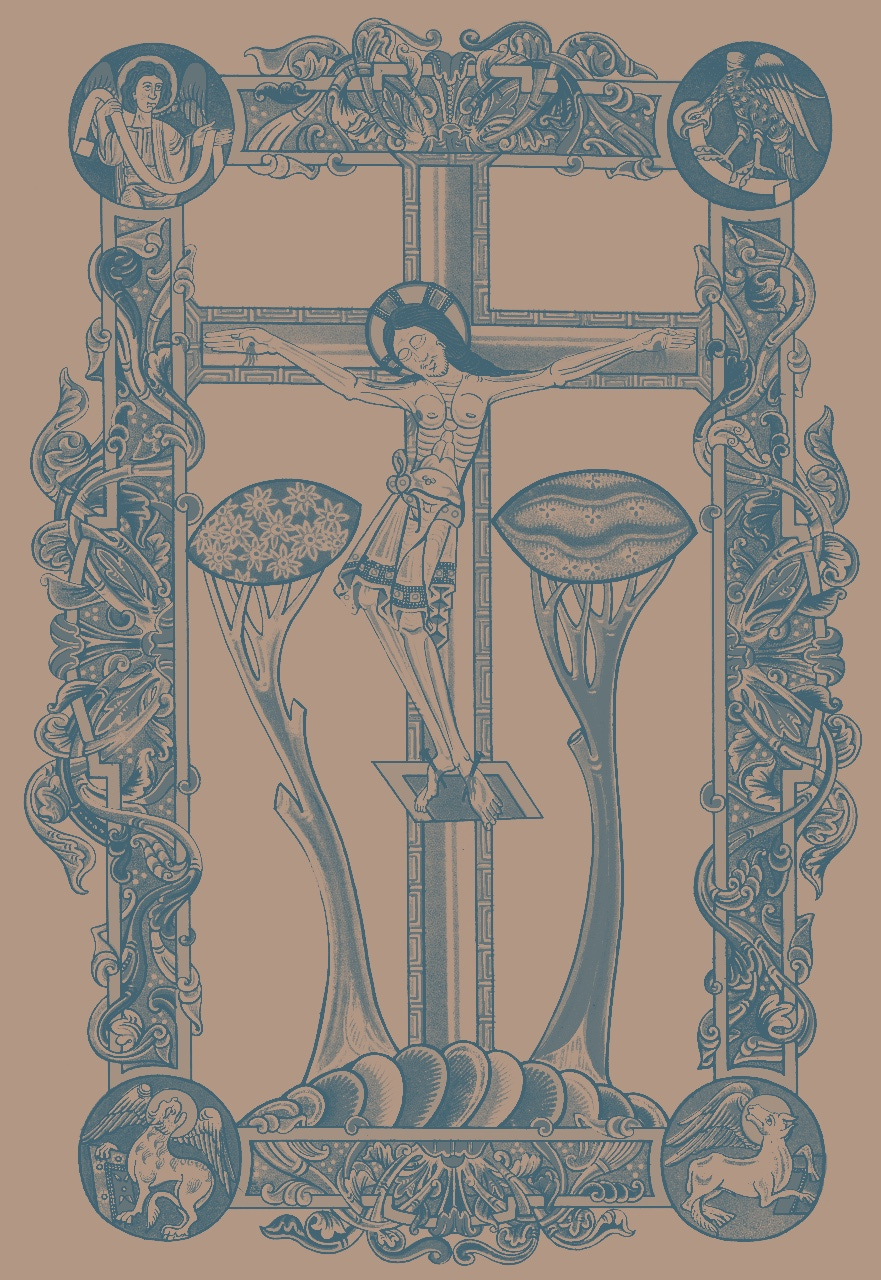Humanity has made some bold experiments in achieving liberty in the last three hundred years. The revolutions of France, America, Russia and China, attempts to establish global Reichs and caliphates, and even the idolisation of unfettered free-market capitalism, have all ostensibly been directed toward the end of greater human freedom. The results have been mixed, to say the least. The human-made utopia has yet to be established, and there are good reasons to suppose it never shall be.
The Christian faith claims, paradoxically, that we find true freedom only in service to God. This is what Jesus proclaims at the very beginning of His public ministry. Baptised by John around the age of thirty, then driven into the desert by the Holy Spirit to wrestle with the Devil for forty days, He now emerges and begins teaching for the first time. The Jews in those days were spread far and wide beyond Jerusalem, and because the Temple was too far, conducted their daily worship in synagogues. Going back to the equivalent of his local parish church where He was brought up in Nazareth, Jesus scrolls through the Scriptures (they didn’t yet use books) and finds the passage of the prophet Isaiah which speaks of a mysterious figure, whose identity was as yet unresolved: the Suffering Servant. It is this Servant who proclaims:
“The Spirit of the Lord God is upon me; because the Lord hath anointed me to preach good tidings unto the meek; he hath sent me to bind up the brokenhearted, to proclaim liberty to the captives, and the opening of the prison to them that are bound; to proclaim the acceptable year of the Lord.” (Isaiah 61:1-2)
The congregation knew this verse as a prophecy about the release of their ancestors from captivity in Babylon, some six hundred years before their time. But Jesus did something new with the text: He put Himself in the middle of it. He made Himself the Suffering Servant who speaks. And while His listeners were expecting another political liberation, like that of their ancestors long ago, He would proclaim a quite different kind of freedom.
On Jesus’ reading, the truly poor are not those who are poor in material goods, but those who are poor in spirit. The blind are not those whose eyes in their heads do not work, but those whose spiritual eyes, the eyes of the heart, are clouded with ignorance. The oppressed are not those who are in drudgery or slavery, but those who are imprisoned in their hearts by hatred, lust and greed. One might have all the freedom and plenty that the modern world can offer, in the political system of one’s choosing, and still be a slave to all these things. And one can live in material poverty but be completely free from the desire for material wealth and this world’s glory which twists and corrupts so many souls. Survivors of Auschwitz and the Gulag show the incredible power humans have to endure the political oppression as long as their souls remain free.
Does this mean that we should ignore the external instruments of oppression and the plight of the materially poor? Of course not. But this follows after the primary work of the Church. For the hardest camp guard or slavedriver to escape from is the one who chains your heart. He is the old enemy whom Jesus fought in the desert; but it was on the Cross that He finally him. And so the Suffering Servant whom Isaiah prophecies is finally identified, with absolute clarity: the Righteous One who was led as a lamb to the slaughter and delivered to death. In that, His service was consummated. And it is in that service that we, too, find perfect freedom: in the Crucifixion of all within us that holds us back from the liberty of the sons of God.
This is not something we can achieve on our own. If it were, there would have been no need for Christ to come. His hometown congregation perhaps thought that their own political and military means would be enough to gain the freedom they longed for, freedom from oppression by the Roman occupiers. Perhaps they thought that Isaiah was just a bit of history, something that had already happened, at best a bit of inspiration to encourage them in their present struggles. Perhaps we think the same. If so, we should be as startled as they were by Jesus’ words:
“This day is this scripture fulfilled in your ears.”
Not five hundred years ago, not in five hundred years from now, but today. We do not have to wait for decades of political struggle. Today, the one who brings good news to the poor, who frees the captives, who opens the eyes of the blind is here with us. Today, He proclaims the jubilee, the sabbath of sabbaths, the day of freedom from slavery and eternal peace. Today, He offers the chance to be crucified with Him through Holy Baptism, to die to death, to be freed from the demons that assail our souls, and to rise with Him to eternal liberty, life and plenty.






Liberty and responsibile accountability require ♥️ honest humility, μετάνοια. 🔔⚖️ Grace and peace to you Father, today let us make a beginning....🔥⛲💫🌐
Wonderful explication of the beginning of Christ’s ministry! Just one correction: …but it was on the Cross that He finally defeated? banished? him?